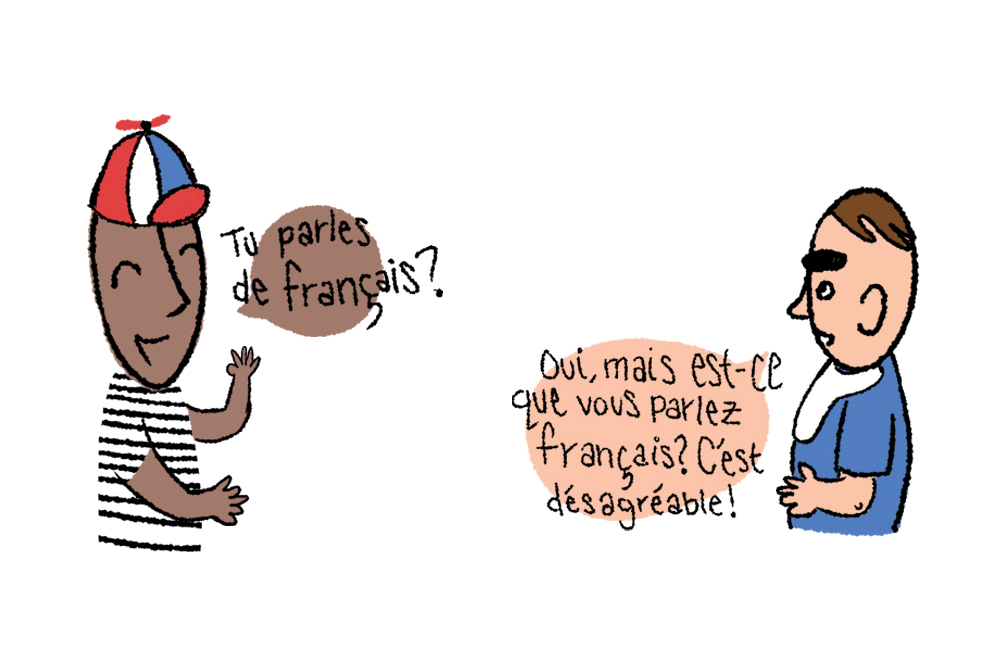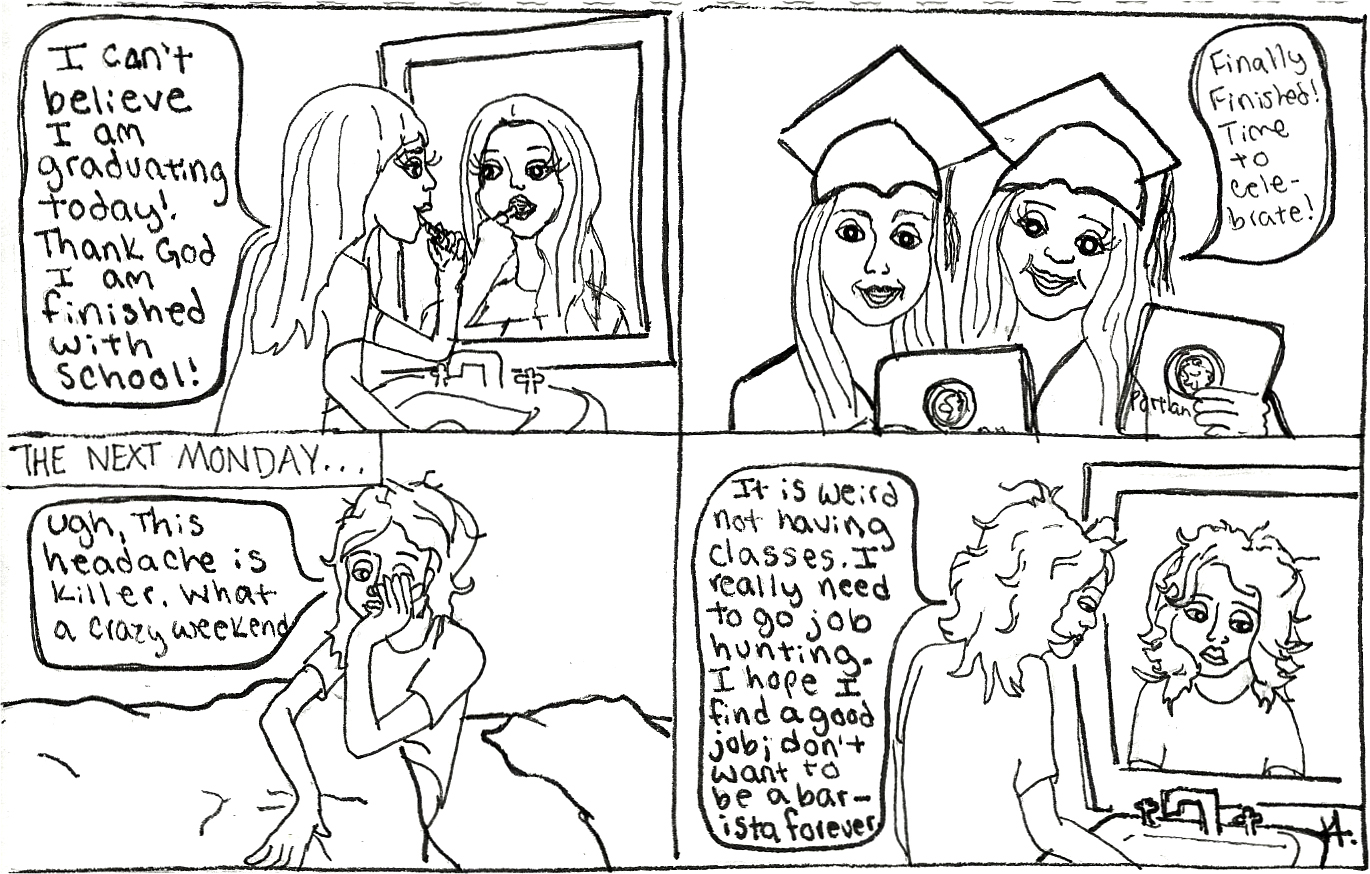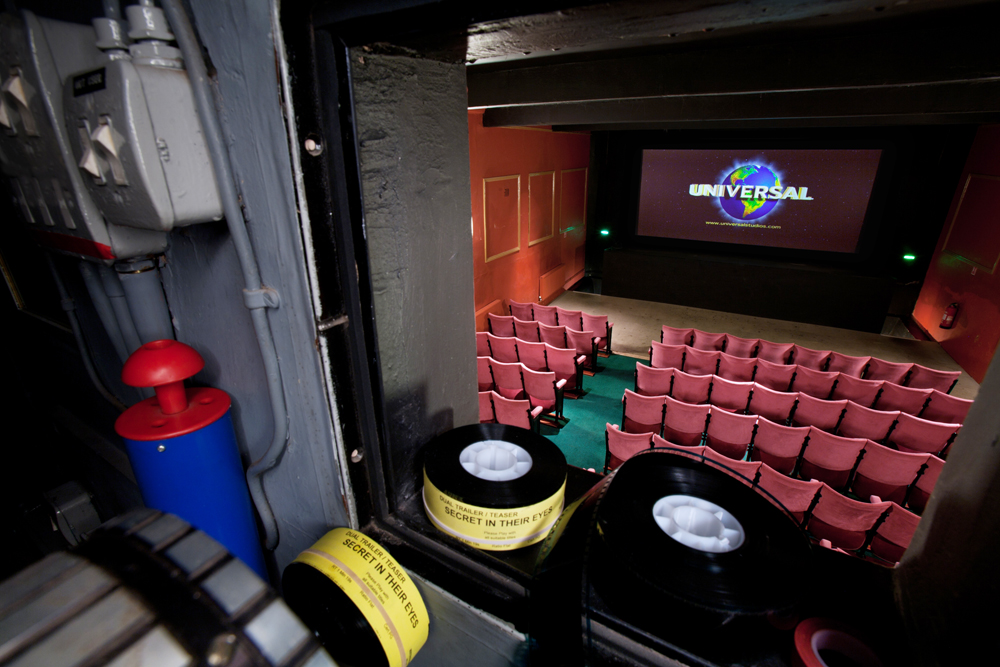My interest in foreign languages started when I was in the eighth grade. My classmates and I had the opportunity to travel to Washington, D.C. to visit some of the greatest museums and historic areas that exist in our country today. During our tour of the National Archives & Records Administration, I had the pleasure of meeting our tour guide, Buzz.
Buzz was adamant on telling us before the tour that he was fluent in 22 languages, something most of us couldn’t believe at first or care too much about. He gave all of us a moment to say whatever we desired in any language and he would try to reply. As the rest of my class’ focus turned to finding the “clue” in the Declaration of Independence from National Treasure (thank you for the false hopes, Nicolas Cage), my friend and I decided to see if this jolly old man was the real deal or just talking out of his ass. I jokingly asked in Spanish where the bathroom was, as it was the only thing I knew besides English, and he replied in Spanish. We then asked for him to say, “How are you?” in 22 languages. He started with Spanish, then proceeded to use languages spoken from a multitude of areas in the world, all with eloquence and ease. My friend, being from Poland, decided to ask in Polish how he was able to learn all of those languages. He simply answered back, “You just have to use it.”
His response has stuck with me. My reason for pursuing a Bachelor of Arts was partly due to my fascination with Buzz, the first true linguaphile I’ve ever met. With two years of Spanish and an upcoming trip to the Basque Country, I’ve come to understand how valuable his answer was and how critical it is for students studying another language. As Business Insider once explained, the true problem with linguistic studies is “treating language as an object, something you learn about, rather than as a skill, something you do.”
Even though we humans have had the ability to communicate using languages since our baby-gibberish days, it’s also known that as aging adults, we do have a disadvantage to acquiring other languages since our mighty brains begin to lose their juices. With bundles of new information being dropped on students in other academic fields, it’s tough to make quality practice time for linguistics. For linguistics, it’s less about studying like you would for a history or science class and more about trial-and-error and learning through experience and mistakes.
As all of my 200-level Spanish syllabuses have stated, “Active participation is critical. Active participation means leaving your comfort zone to take risks with the language, asking questions, answering thoroughly, listening to others and following along attentively in class. Active participation is essential to making progress in learning a language and is therefore required.”
Now, as a more introverted individual, I never found answering a question in a foreign language in front of 30 or 40 people to be my favorite activity. Since it was 30 percent of my overall grade, I stuttered my poorly conjugated responses and trudged along.
It came as a surprise to me how beneficial this process of learning has become, but it still isn’t enough to just try in the classroom; you have to envelop yourself in the culture of the language. Find something about the culture that interests you. Whether it be food, sports, music, art or something else, you have to incorporate it into your everyday life. I cannot begin to describe how many times I’ve become lost in translation when watching telenovelas or fútbol matches. I’ve even told my favorite Mexican food cart to only speak to me in Spanish when I come (and holy hell, she has taken that to a whole new level). It’s stressful at first, but as you practice and continue learning, those random phrases you can barely make out start becoming sentences you can understand.
As time has passed, I’ve had successes and failures trying to become bilingual. A writer from the New York Times said it best when writing about learning French, saying, “I used to joke that I spoke French like a three-year-old, until I met a French three-year-old and couldn’t hold up my end of the conversation.”
What he said has so much truth to it. You think all those late nights studying tenses and vocabulary will be your ticket to mastering it, but you’ll surely be dumbfounded when you realize that learning about a language is half the battle.
Overall, I believe the PSU language department is on the right track when addressing these issues. They encourage participation in every class and try to challenge students with further developing their grammar and vocabulary—but they could still use improvement. I would hope for more activities outside the classroom, such as class trips to go order food, working with others that may know the language you’re learning while they’re learning English, or even having current event discussions at the beginning of every class.
I encourage everyone to become bilingual. We live in a world lead by globalization and it’s going to get even harder to keep up with what’s going on. You’ll learn a lot about your work ethic and maybe even be inspired to experience some of these languages in their countries of origin.
As I think of what Buzz told me—and also about how he was probably a huge babe magnet back in his prime days—I think it’s time to challenge everyone and myself to continue taking that next step of linguistic learning.







What a wonderful opinion, you are doing great with your articles keep up the good work!!